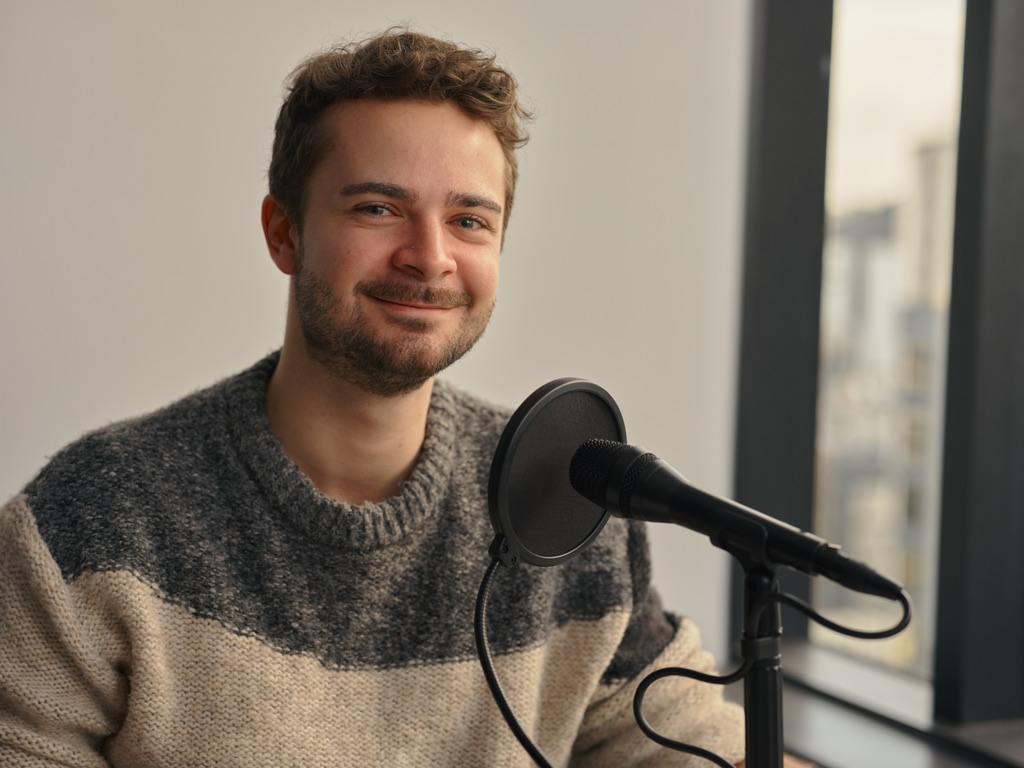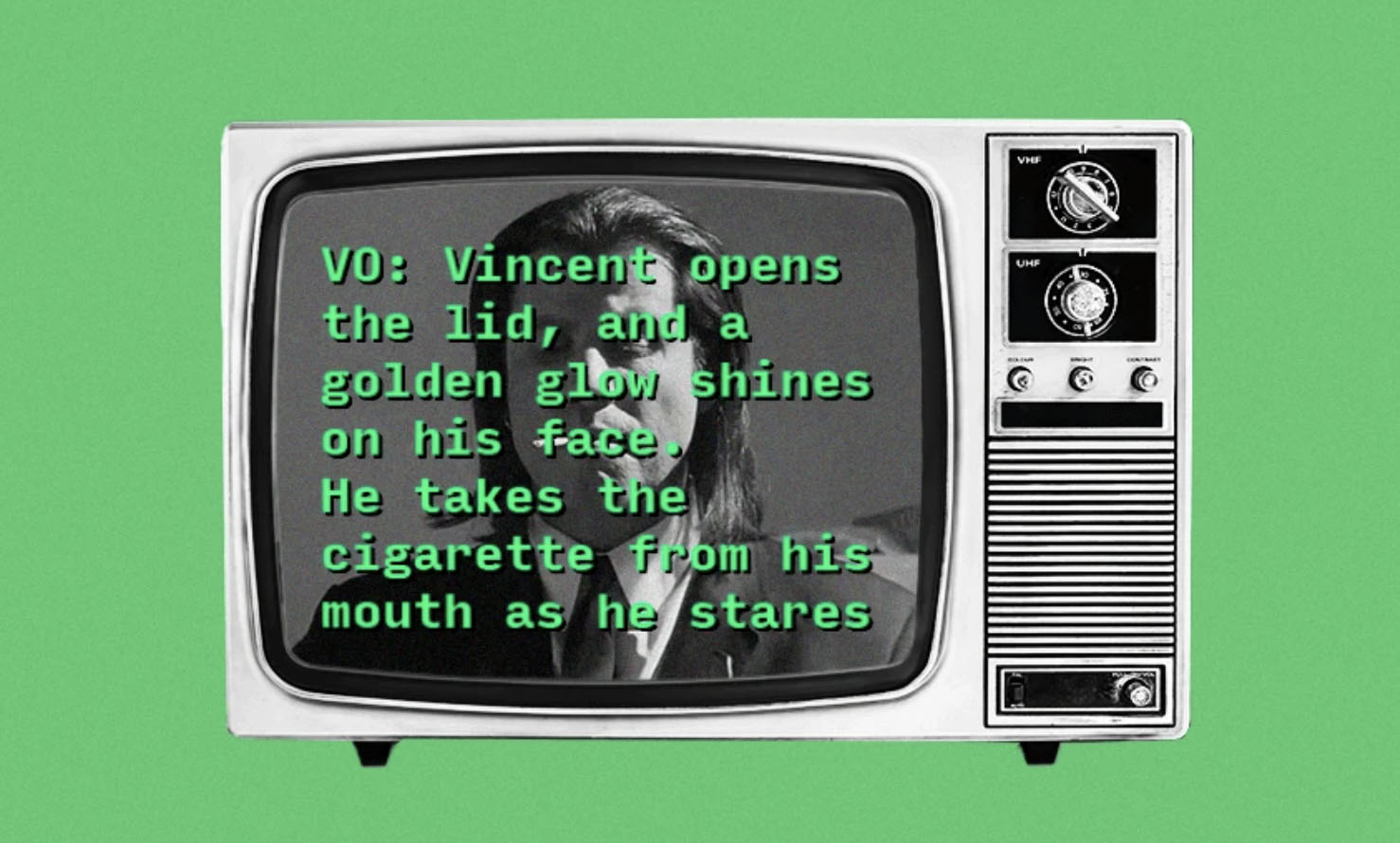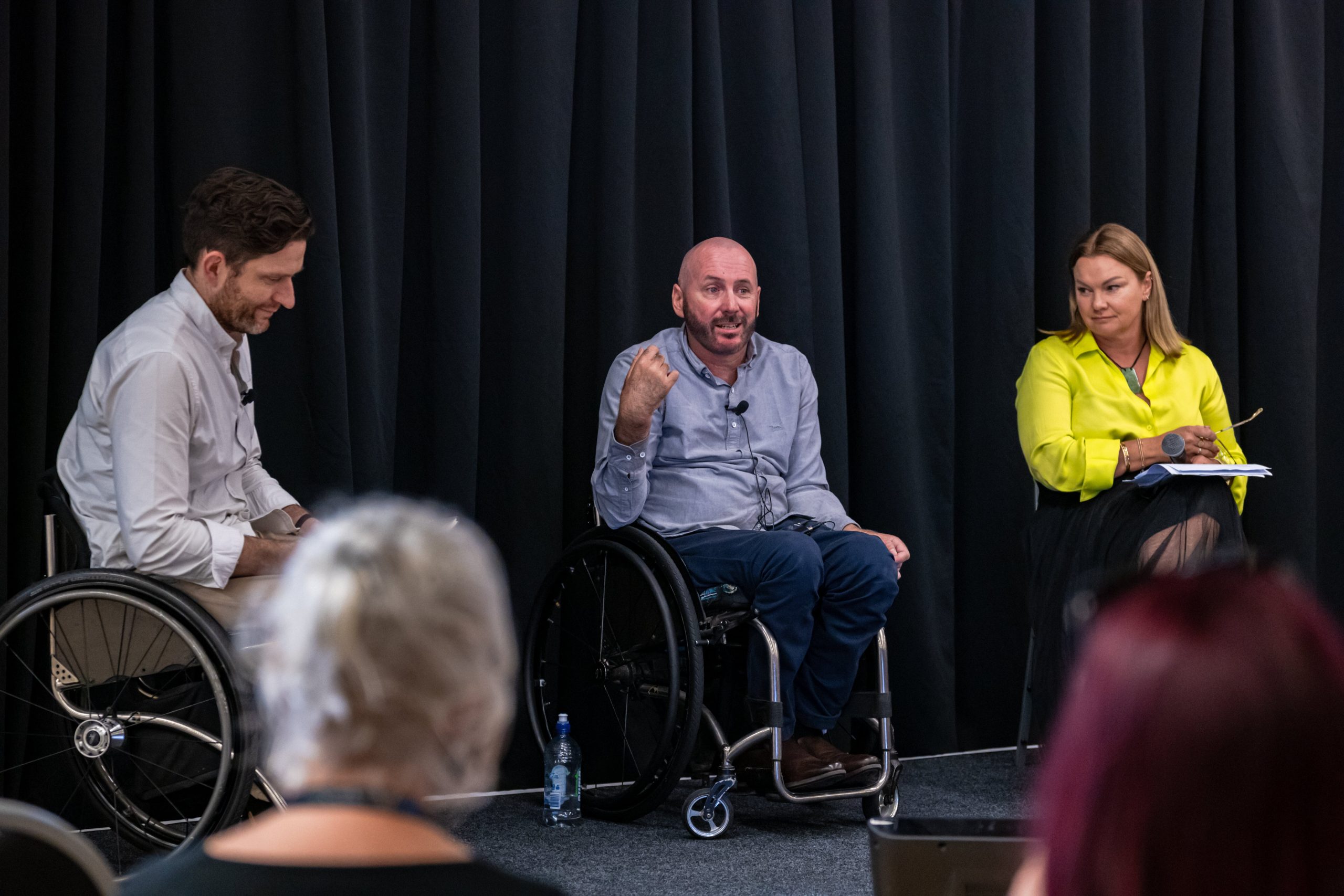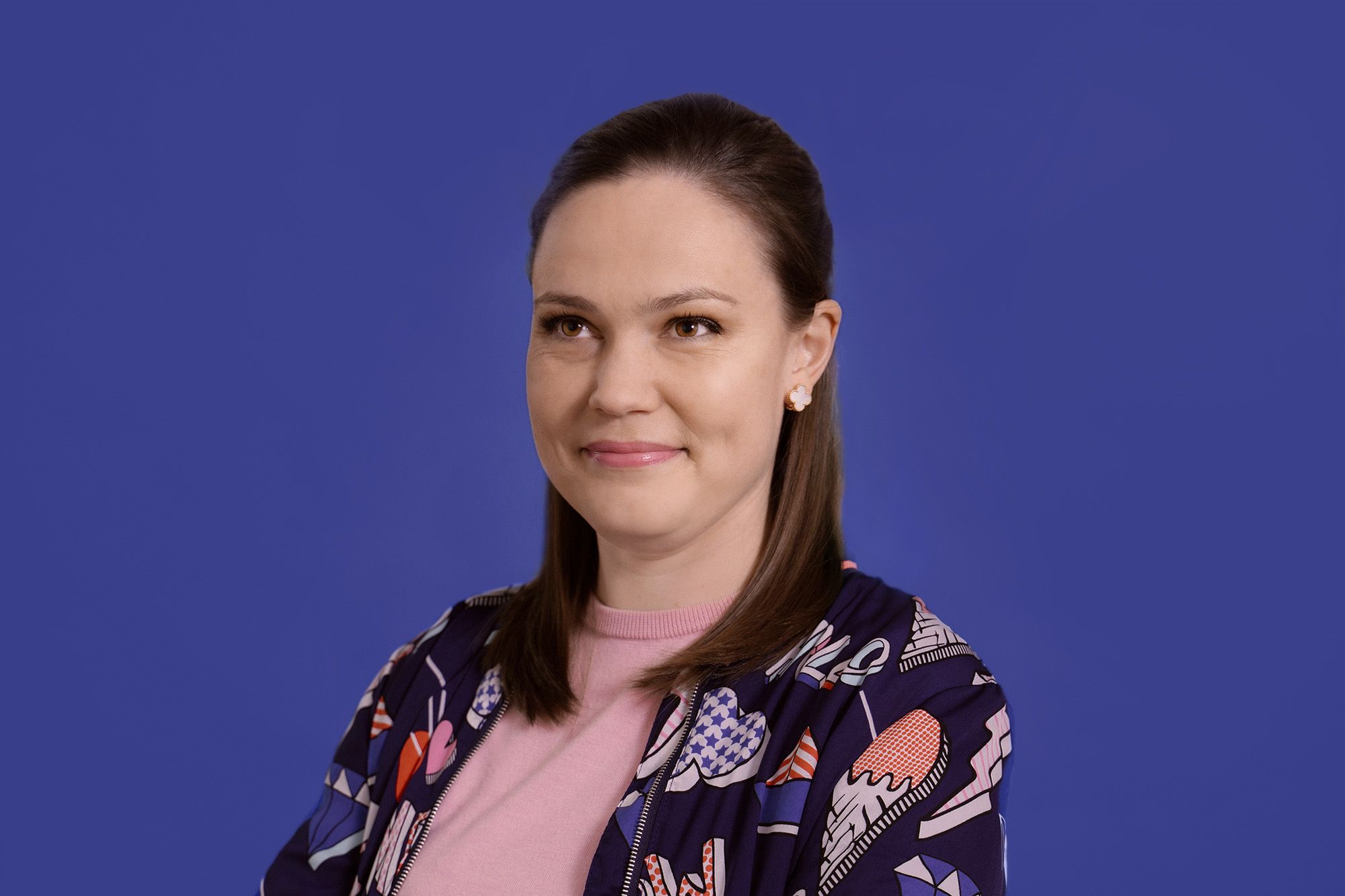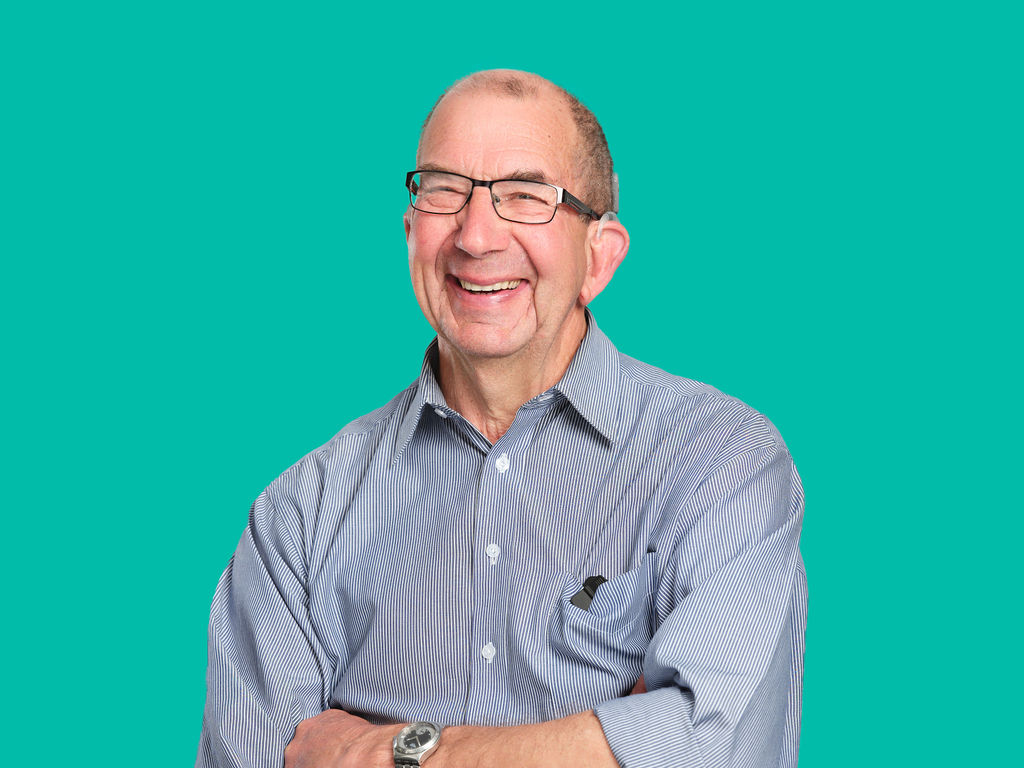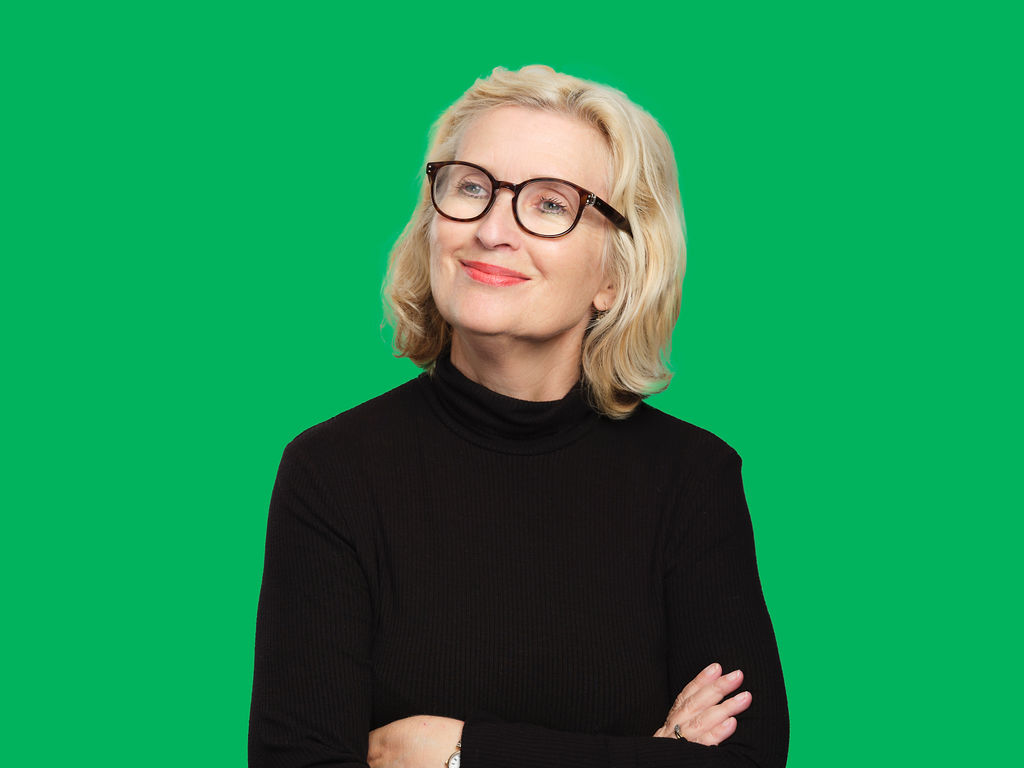
We are very excited to announce the new appointment to the Media Access Charitable Trust Board of Trustees, Irene Gardiner. With a vibrant background in TV production and the broadcast sector, Irene currently serves as President of SPADA, and as a trustee of the Radio New Zealand board. Irene believes that access to the media is a right; not a privilege, and is honoured to be supporting Able’s work towards a more inclusive Aotearoa.
Here’s a quick introduction to Irene as she supports our mahi to make media accessible.
Kia ora Irene, tell us a bit about yourself. Where did you grow up? What do you love to do? What boards are you on, and what drew you to be a part of them?
My parents were both from Northern Ireland, but I was born here, in Waiuku, a small town south of Auckland. I grew up on a farm which tends to give you quite a “feet on the ground” approach to life. I began my professional life as a journalist, but fairly quickly moved to being a television producer, which suited me better. I’ve really loved my life as a TV producer, but have pretty much stopped doing it these days, as I now prefer the strategic overview work of being a board member. I’m on the RNZ board, I’m President of the producers’ guild SPADA, a member of the TV Awards committee, and now a new board member for Able. All of my board work falls into the media/arts area, and that is what I am mostly interested in. I’m fortunate to be at a point in my life where I can do some un-paid boards, and give back to an industry that has been very good to me. Outside of work, I’m a huge music fan, and I’m currently learning both Te Re Māori and the ukulele.
Can you tell us a bit about your journey into working in the media and how that began?
After journalism school at AUT (or ATI as it was in my day), I worked at the Dominion newspaper in Wellington for a while, before becoming a TV publicist, and then a trainee director. I then worked my way up from being a director to being a producer, then an executive producer overseeing a few shows, then I was running the TVNZ production unit, and – eventually – I was TVNZ’s Head of Commissioning. I left after a while to have a different kind of life, just working for myself as a freelance executive producer and consultant. I also did a seven-year stint as the founding Content Director of the NZ On Screen website. Nowadays I am very happy doing my board work, so have pretty much let my television production work go, apart from the odd bit of mentoring.
What draws you to Able, and the kaupapa of media accessibility?
I like the boards I am involved with to have a “public good” aspect to them – so that I feel like I am contributing something to Aotearoa. Able definitely fits that bill. It’s such an important entity – working really hard to get as much screen content as possible captioned for the deaf or hard of hearing, and with audio description for people who are blind or living with low vision. Accessibility to media is everyone’s right. I don’t have the personal interest of a d/Deaf or blind family member or friend, but that doesn’t matter. It’s obvious how important Able is. And hey, the decades are creeping up a bit, and there’s no guarantee that my own hearing and eyesight will stay as it is now!
Can you tell us a bit about your philosophy of serving on boards?
Well, the first thing you learn when you start serving on boards is that you must govern not manage – you’re not there to interfere with the day-to-day decisions that the CEO and their team are making. You’re there to help with the strategic overview, to help and support, and to ask the right questions if you think anything is going awry. Sometimes, if you have an area of special expertise, that gets called on, and sometimes you are just a cheer squad, an advocate. When you’ve come from a background like television production, which is all about getting things done, it can sometimes be hard to pull back and just be a board member, to not meddle and interfere. But I think I’ve mostly taught myself that now! I like to think about the questions that haven’t already been asked at board meetings, and ask them. I am also a strong advocate for organisations having a good Sustainability policy – that’s essential these days.
What are you watching or reading at the moment?
I’m watching the final series of the brilliant Better Call Saul, which is coming to an end. That’s on Neon. And I’m also watching the new series Blackbird on Apple, which is also really good. I’m reading a library book called The Woman on the Windowsill, which is about a piece of strange history in Guatemala in 1800 where a part of a woman’s body was left on a window sill at a stranger’s house. The book is about that, but also the terrible situation for women in Guatemala at that time.
